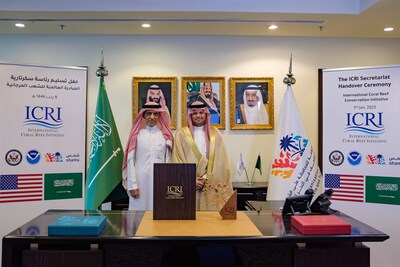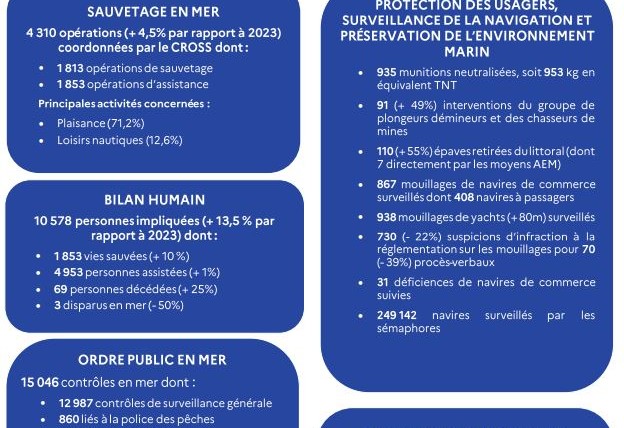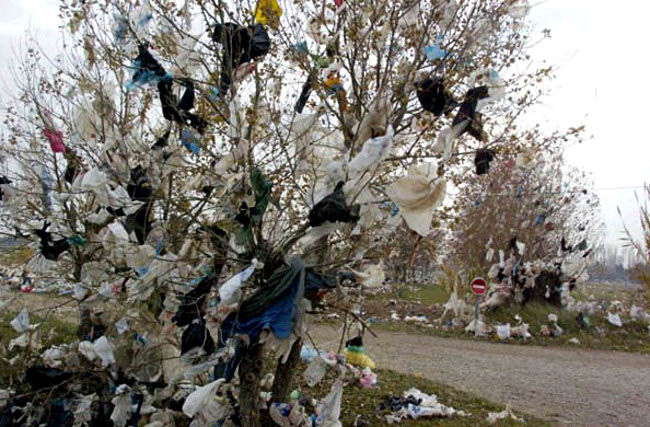Saudi Arabia has officially assumed the Secretariat of the International Coral Reef Initiative (ICRI) for its 14th term, marking a significant milestone in global coral reef conservation. The ICRI comprises 102 members, including 45 countries responsible for safeguarding 75% of the world’s coral reefs.

Saudi Arabia Leads Global Coral Reef Conservation Efforts with ICRI Secretariat
A commitment to sustainability, youth engagement, and innovative strategies for coral reef resilience
JEDDAH, Saudi Arabia, January 9, 2025 /PRNewswire/ — Saudi Arabia has officially assumed the Secretariat of the International Coral Reef Initiative (ICRI) for its 14th term, succeeding the United States. The handover ceremony, held virtually in September 2024 during ICRI’s 38th General Assembly, was attended by high-profile participants, including Ambassador Peter Thomson, UN Special Envoy for the Ocean, and representatives from UNEP, IUCN, NOAA, and other key entities.
The Kingdom will execute this historic role through the General Authority for the Conservation of Red Sea Coral Reefs and Sea Turtles (SHAMS). This initiative underscores Saudi Arabia’s commitment to environmental stewardship, aligning with its Vision 2030 sustainability goals and the newly launched Red Sea Sustainability Strategy.
Highlights of the ICRI Plan Under Saudi Leadership
- Action Plan 2025-2027: Expanding global membership to represent 90% of the world’s coral reefs, incorporating resilient reef management into global policies, and strengthening national biodiversity strategies.
- Economic and Technological Focus: Driving the blue economy, advancing coral reef monitoring with cutting-edge technologies, and leveraging insights from the « Status of Coral Reefs of the World: 2025 » study.
- Global Engagement: Enhancing collaboration in the Red Sea, South Asia, and East Africa regions, and raising global awareness through major events like the UN Ocean Conference.
- Youth Strategy: Launching the ICRI Youth Strategy to engage and empower young leaders in coral reef conservation.
The Economic and Ecological Importance of Coral Reefs
Coral reefs house 25% of marine biodiversity and contribute an estimated $9.9 trillion annually in goods and services. The urgency of protecting these ecosystems is underscored by their immense value and vulnerability to environmental threats.
Dr. Khaled Asfahani, CEO of SHAMS and President of ICRI, expressed gratitude and determination:
« Saudi Arabia’s leadership of ICRI demonstrates our unwavering commitment to safeguarding the world’s coral reefs. By leveraging science, innovation, and collaboration, we aim to set new benchmarks in conservation, ensuring the resilience of these vital ecosystems for future generations while maintaining their invaluable contribution to the global economy. »
For more information, visit the official SHAMS website at: http://shams.gov.sa
About SHAMS
The General Authority for the Conservation of Red Sea Coral Reefs and Sea Turtles (SHAMS) is a governmental body dedicated to the sustainable management of the Red Sea’s unique and resilient ecosystems. Through cutting-edge research, large-scale restoration projects, and innovative management frameworks, SHAMS leads efforts to protect these invaluable habitats.
About ICRI
Founded in 1994, the International Coral Reef Initiative (ICRI) is a global partnership of 102 members, including 45 nations, dedicated to the conservation of coral reefs and associated ecosystems worldwide.
Source: lelezard



